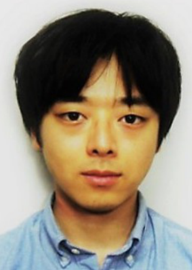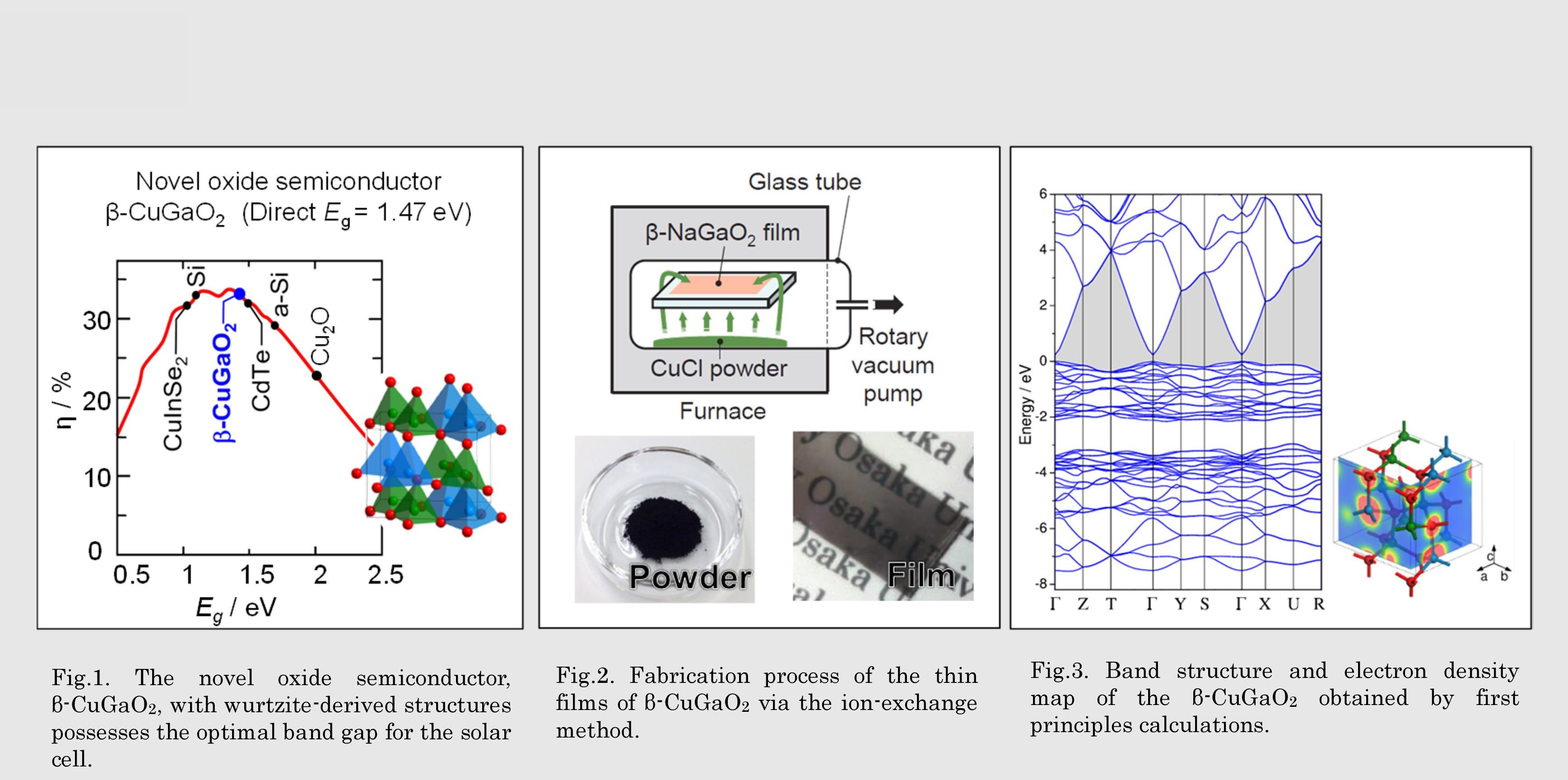
IMRAM
Institute of Multidisciplinary Research for Advanced Materials, Tohoku University
東北大学
多元物質科学研究所

LAST UPDATE 2021/05/07
-
研究者氏名
Researcher Name鈴木一誓 Issei SUZUKI
講師 Lecturer -
所属
Affiliation東北大学 多元物質科学研究所
金属資源プロセス研究センター 原子空間制御プロセス研究分野
Institute of Multidisciplinary Research for Advanced Materials, Tohoku University
Center for Mineral Processing and Metallurgy, Atomic Site Control in Inorganic Materials -
研究キーワード
Research Keywords酸化物半導体
イオン交換
第一原理計算
光電子分光
Oxide semiconductors
Ion-exchange
First principles calculation
Photoelectron spectroscopy
- 研究テーマ
Research Subject -
新しい酸化物半導体の探索と物性の解明
Exploration of new oxide semiconductors and analysis of their physical properties
研究の背景 Background of the Research
酸化物半導体の多くは紫外域にバンドギャップを有する透明な材料であり、そのいくつかはディスプレイなどに必要不可欠な透明電極として用いられています。一方、太陽電池やLEDなどの光電変換デバイスにおけるアクティブなレイヤーは、ニクタイドやカルコゲナイドの独壇場となっており、酸化物が用いられることはほとんどありませんでした。これは酸化物半導体のバンドギャップのバリエーションが乏しいことや、直接遷移型の酸化物半導体がほとんどないことに起因しています。「酸化物半導体は透明電極に最適な材料であり、それにしか使えない」という常識を打ち破る新しい酸化物材料が求められています。
Most of oxide semiconductors are transparent with wide band and some of them are used as transparent electrode. However, the active layers in such optoelectronic devices as solar cell and LED have been dominated by pnictides or chalcogenides; oxides have not been used so frequently in this field. This is because there are almost no oxides semiconductors possessing direct band gap in the visible or IR region. New oxides semiconductors are needed to break the conventional mold; “oxides are exclusively suitable for the transparent electrodes.”
研究の目標 Research Objective
結晶化学に基づいて新しい酸化物半導体をデザインし、実際に合成することに挑戦しています。従来の平衡反応では得ることのできない準安定な新材料をイオン交換法を用いて合成することや、それらをデバイスに応用可能な形態(薄膜)にすることを試みています。新材料の物性をいち早く明らかにする方法として第一原理計算を併せて用い、実験化学と計算科学の両輪で酸化物半導体の新しいポテンシャルを世の中に発表することを目指しています。
My main objective is to design the new materials based on crystal chemistry and demonstrate their synthesis. Meta-stable materials, which cannot be obtained by conventional equilibrium reaction, have been synthesized by ion-exchange method (Fig. 1). Thin film fabrication process is also my target field (Fig. 2). First principles calculation is employed to reveal the physical properties of new materials (Fig. 3). I am aimed to demonstrate the potential of oxide semiconductors based on experimental chemistry and calculation science.
研究図Figures

論文発表 / Publications
J. Am. Chem. Soc., 136, 3378 (2014). Inorg. Chem., 55, 7610 (2016). Appl. Phys. Express, 10, 095501 (2017).
<Review> Semicond. Sci. Technol., 32, 013007 (2017).
研究者連絡先 / HP
- Issei.suzuki
 tohoku.ac.jp
tohoku.ac.jp - http://www2.tagen.tohoku.ac.jp/lab/omata